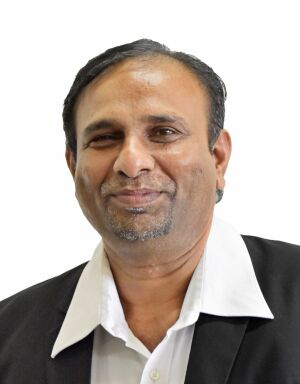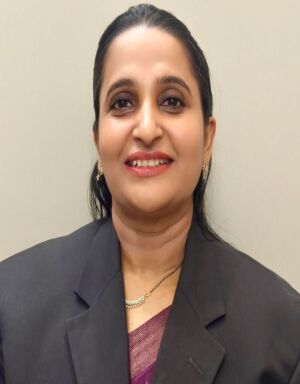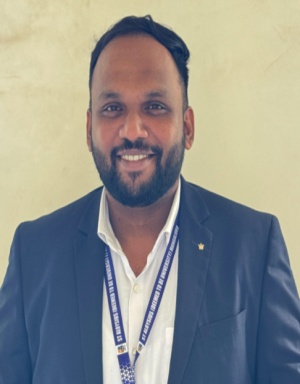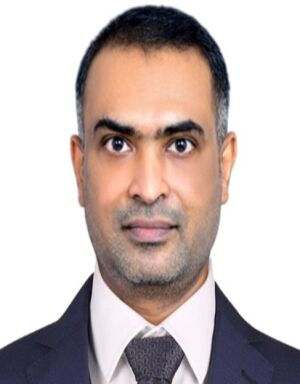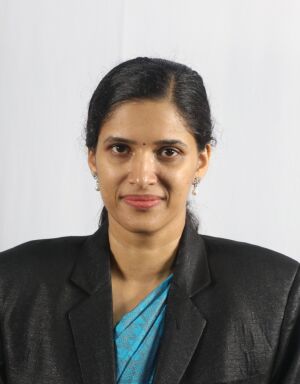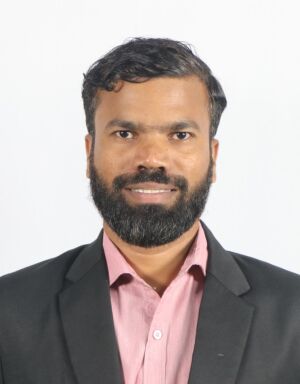About the Programme
At our college, the program offers in-depth knowledge in communication engineering through both theoretical learning and practical sessions. Students are exposed to key areas such as Digital and Wireless Communications, Wireless Networks, Optical Communications, Microwave Circuits, and Signal Processing. The program provides valuable hands-on experience under the guidance of experienced faculty members. It is designed to prepare undergraduates for advanced studies and diverse career opportunities in the Electronics and Communication Engineering domain.
Programme Core Courses
- Fundamentals of Electric Circuits
- Semiconductor Devices and Circuits
- Network Theory
- Signals and Systems
- Probability Theory and Random Processes
- Analog Electronic Circuits
- Digital Logic Design
- Engineering Electromagnetics
- Digital Signal Processing
- Microcontroller and Applications
- Antennas and Wave Propagation
- Digital Communication
- Information Theory and Coding
- Computer Communication
- Optical Communication and Networks
- Microwave Engineering
- VLSI System Design
- Wireless and Mobile Communication
- Control Systems
- Transmission Lines and Fields
- Workshop Practice
- Engineering Graphics
- Material Science
- Differential and Difference Equations
- Complex Variables and Partial Differential Equations
Programme Elective Courses
- Data Structures and Algorithms
- Computer Organization and Architecture
- Digital Image Processing
- Bio-medical Instrumentation and Analysis
- Satellite Communication
- Embedded System Design
- Radar and Navigational Aids
- Introduction to Nanoscience & Nanotechnology
- Neural Networks & Fuzzy Control
- Digital System Design
- Micro and Smart Systems Technology
- Wireless Sensor Networks
- Advanced Microcontrollers (ARM, DSP)
- Opto Electronics
- Applied Numerical Methods
Infrastructure
Analog System Design Laboratory: Equipped with advanced tools for diode and transistor circuit experiments, including CROs, function generators, power supplies, and 18 Zealtech workbenches.
Digital Electronics Laboratory: Features digital ICs, trainer kits, logic analyzers, DSOs, and tools for digital logic design projects.
Communication Engineering Laboratory: Includes DSOs, signal analyzers, RF generators, SDRs, and software like NetSim, Multisim, and MATLAB for communication experiments.
Microwave Laboratory: Contains X-Band waveguide test benches, Gunn diode kits, antenna trainers, and software like AWR, CST, and ADS for microwave design.
Digital Signal Processing and Advanced DSP Laboratory Utilizes TMS320C6748 kits, digital media kits, and MATLAB for image and signal processing applications.
Optical Communication Laboratory: Offers WDM technology, OTDR setups, free space optics, and OPTSIM/OPTISYSTEM for optical networking training.
Networking Laboratory: Equipped with NETSIM, Riverbed, Dell servers, and 62 high-end computers for network configuration and simulation.
Microprocessor and Microcontroller Laboratory: Features ARM and 8051 microcontrollers, interfacing devices, and simulation tools like Keil and Proteus.
FPGA/SOPC Laboratory Provides ALTERA, Xilinx, and Cypress tools with Cyclone, Stratix, Virtex, and Spartan boards for FPGA-based system design.
Scope of Employment
Our college prepares students for a wide range of industries, such as wireless communications, signal processing, micro- and nanoelectronics, lasers and optics, electronic devices, telecommunications, nanotechnology, robotics, information systems, power systems, computer software-hardware integration, control systems, and various other advanced technological fields.
Graduates have excellent placement opportunities in leading core communication companies and technology giants, including BSNL, MTNL, Reliance Communications, Tata Telecom, Hutch, Bharti Telecom, Airtel, Nokia, CISCO, IBM, Intel, Agilent, Alcatel, AT&T, Ericsson, Honeywell, Bosch, National Instruments, Texas Instruments, HCL, and many more.
